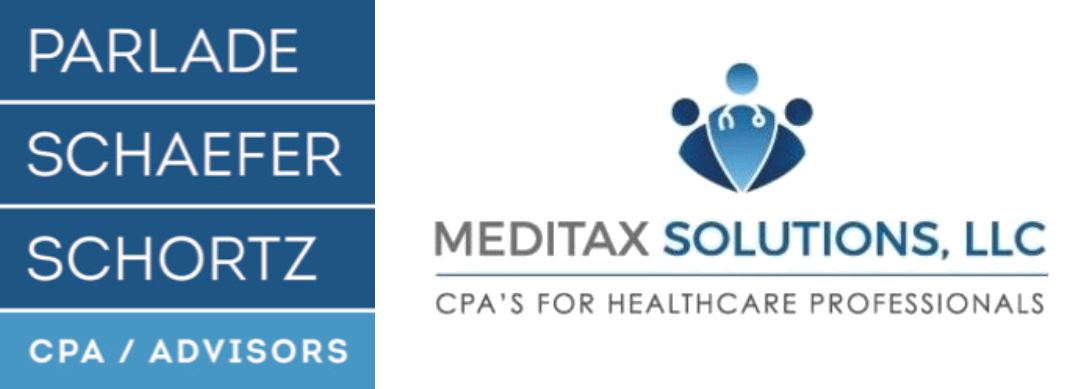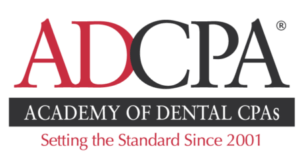Business Tax Planning: Strategies to Lowering Your Taxes
Business tax planning is a crucial aspect of running a small business. By carefully considering tax strategies, you can minimize your tax burden while staying compliant with legal obligations. Here are some practical tax planning tips for small businesses to help you maximize savings.
Choosing the best business tax structure
Pass-through business structures include sole proprietorships, partnerships, LLCs, and S corporations; these setups don't pay corporate income tax. Instead, the net income "passes through" to the owners' tax returns, subject to individual tax rates. Considering the highest individual tax bracket of 37%, changing the tax status to a C corporation can lead to significant tax savings for LLC members in the top tax bracket.
Choosing the right tax structure for your business requires careful consideration. LLCs have the flexibility to elect their tax classification, allowing them to be taxed as a C corporation by filing Form 8832 with the IRS. The reduced corporate tax rate of 21% from the 2017 Tax Cuts and Jobs Act has made this option more appealing.
It's best to find a tax professional who can analyze your circumstances, conduct a cost-benefit analysis, and ensure that your decision aligns with your business goals.
QBI Deduction
If you haven't heard of a QBI deduction, it is a Qualified Business Income (QBI) deduction that allows pass-through business owners to reduce their tax burden. Eligible owners can deduct up to 20% of their share of the business's income. However, limitations and rules apply, particularly for specified service trades or businesses (SSTBs) such as law firms and medical practices.
Understanding the thresholds and limitations is crucial, as SSTBs may face reduced QBI deductions for incomes above specific limits. For non-SSTBs, alternative methods to claim the deduction are available once income exceeds the upper limits. Navigating these rules can be complex, so consulting an accountant or tax professional is advisable.
Track Deductions
No strategy is complete without affirming the importance of keeping comprehensive records of business expenses. Tracking expenses like travel, marketing, charitable donations, and vehicle costs is essential. Detailed documentation, such as receipts and invoices, supports your claims and provides evidence in case of an audit. Utilizing accounting software or seeking professional assistance can streamline the process and ensure you capture all eligible deductions while staying organized.
Use Tax-Saving Plans
Maximizing retirement contributions is an effective way to reduce taxable income. Establishing a 401(k) plan allows you to deduct contributions made before the tax year ends. If you have missed the opportunity to set up a 401k before the tax year ends, another option is a SEP (Simplified Employee Pension), which can be set up until the tax return's due date.
Additionally don’t miss the opportunity to make the most out of Health Savings Accounts (HSAs), Flexible Spending Accounts (FSAs), and Education 529 plans to reduce taxable income for both employers and employees.
Employee Benefits
A strategy for your business tax planning may include increasing your employee benefits packages. Employee benefits attract and retain talented individuals while reducing your tax burden.
The CARES Act introduced a new employee benefit, allowing employers to assist employees with student loans while receiving a payroll tax exemption. This provision, which extends through 2025, enables employers to build positive relationships with employees and reduce payroll tax expenses.
Establishing fringe benefit plans, such as medical insurance and tuition reimbursement, lowers your tax liability and helps your employees too.
Accountable Plans
Implementing accountable plans allows businesses to deduct employee reimbursements for expenses like travel and entertainment without considering them as taxable income for employees. This reduces employment taxes and overall taxable income, resulting in potential tax savings for both the business and employees.
Hire Family Members
Hiring family members, like a spouse or children, who can contribute to your business can yield additional tax benefits. In 2018 the Tax Cuts and Jobs Act increased the exemption amount for dependents, providing more income flexibility for children to work tax-free if income stays below the IRS threshold. Additionally, this income can be invested into early savings plans to set them up with the benefits of compound interest starting at an early age.
Professional business tax planning
Effective tax planning is a crucial element in the success of any business. By implementing these strategies, business owners can minimize their tax burden while remaining compliant with tax laws. From choosing the best tax structure to leveraging deductions and tax-saving plans, there are numerous opportunities to maximize savings. Seeking the guidance of a qualified tax professional can provide invaluable support in navigating the complexities of the tax landscape.
If you have questions, we are here to help. We provide financial business planning services to reduce your stress and help you create effective strategies for building wealth. We have offices in South Miami and Punta Gorda, FL.






